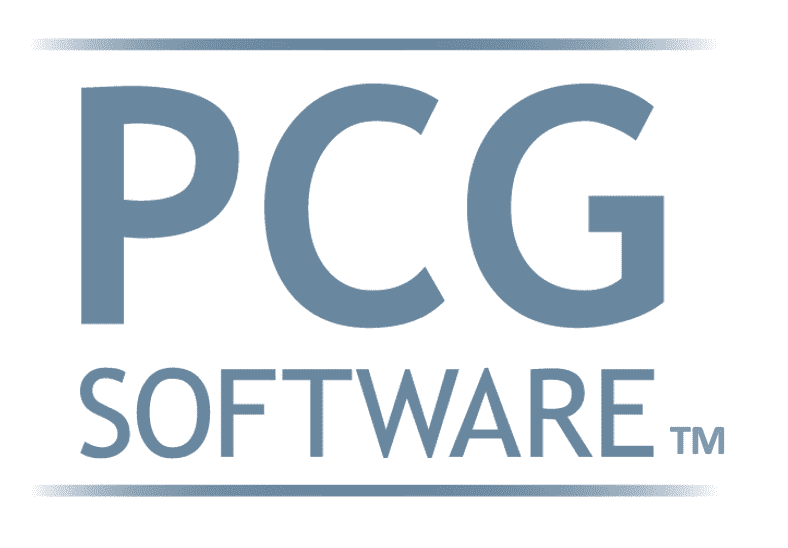Understanding IPA Healthcare: Definition, Benefits, and Key Features
Summary:
In the ever-evolving landscape of healthcare, various models and frameworks have emerged to enhance patient care, streamline operations, and improve health outcomes. One such model that has gained prominence is IPA healthcare. In this comprehensive guide, we'll delve into the concept of IPA healthcare, its operational mechanics, benefits, key features, and its comparison with other healthcare models. By the end, you'll have a clear understanding of what IPA healthcare entails and its significance in modern healthcare delivery.
What is IPA Healthcare?
IPA, or Independent Practice Association, healthcare is a model designed to foster collaboration among independent healthcare providers, such as physicians, specialists, hospitals, and clinics. This model brings together a diverse network of healthcare professionals who remain autonomous in their practices while working collectively to offer comprehensive care to patients. The primary goal of IPA healthcare is to ensure patients receive coordinated, patient-centered, and high-quality medical services.
How does IPA Healthcare Work?
At its core, IPA healthcare functions as a cooperative network in which independent healthcare providers unite to provide a range of services to patients. Physicians and medical facilities, although maintaining their individual practices, become part of an organized network that collaborates to deliver integrated care. This model promotes effective communication and cooperation among providers, leading to improved patient experiences and better health outcomes.
Benefits of IPA Healthcare
The IPA healthcare model offers a multitude of benefits for both patients and healthcare providers:
Enhanced Care Coordination with IPA Healthcare
PA healthcare facilitates seamless communication between primary care physicians, specialists, and other healthcare professionals. This ensures that all aspects of a patient's care are well-coordinated, leading to improved health management.
Patient-Centered Approach
PA healthcare facilitates seamless communication between primary care physicians, specialists, and other healthcare professionals. This ensures that all aspects of a patient's care are well-coordinated, leading to improved health management.
Effective Chronic Disease Management
Through collaborative efforts, IPA healthcare excels in managing chronic conditions. Coordinated care plans and shared information among providers result in more effective management of conditions like diabetes, hypertension, and more.
Access to a Diverse Provider Network
Patients within an IPA network can access a wide range of medical services through a diverse network of providers. This eliminates the need for referrals outside the network in many cases.
Cost-Efficient Care
IPA healthcare often emphasizes cost-effective practices without compromising quality. By optimizing care delivery and minimizing redundant services, this model contributes to more efficient resource utilization.
Key Features of IPA Healthcare
To better grasp IPA healthcare, it's important to understand its key features:
Network of Providers
An IPA comprises a network of independent providers, including primary care physicians, specialists, hospitals, and outpatient centers. This collaborative approach allows patients to receive comprehensive care without leaving the network.
Collaborative Care
IPA healthcare tailors treatments to the individual needs of each patient. Medical decisions are made in consultation with the patient, and the focus remains on achieving the best outcomes for the patient's overall well-being.
Quality Management
Maintaining high-quality care standards is paramount in IPA healthcare. Regular performance assessments, adherence to clinical guidelines, and continuous improvement initiatives contribute to delivering consistent, top-notch care.
Population Health Management
IPAs often manage the health of specific patient populations, identifying trends and implementing preventive measures. This approach contributes to better overall community health.
Contractual Relationships
Providers within an IPA establish contractual agreements with healthcare payers. These contracts outline reimbursement rates, care delivery expectations, and other terms that govern the provider-payer relationship.
IPA vs. Other Healthcare Models
While IPA healthcare shares similarities with other models like HMOs and PPOs, it distinguishes itself in several ways:
IPA vs. HMO
Unlike Health Maintenance Organizations (HMOs), IPA healthcare allows patients to choose their primary care physician and offers greater flexibility in accessing specialists without requiring referrals.
IPA vs. PPO
Compared to Preferred Provider Organizations (PPOs), IPA healthcare emphasizes collaboration among providers. This leads to a more coordinated and patient-centered approach, while PPOs focus on negotiated cost savings.
Challenges and Considerations
While IPA healthcare offers numerous advantages, it's essential to acknowledge potential challenges. These may include limited provider options within the network, potential conflicts among providers, and the intricacies of managing a diverse healthcare network.
Real-World Examples
Several IPA healthcare organizations have demonstrated the efficacy of this model. One notable example is the "HealthCare Partners IPA," which successfully integrates independent providers to deliver comprehensive care to patients while maintaining high-quality standards.Healthcare Partners IPA is one of PCG Software's long time clients. They utilize our Virtual Examiner software to enable them to remain compliant and to reduce costs when evaluating authorizations and physician medical coding and payment schedules and fees.
HOW DOES PCG SOFTWARE HELP IPAs?
When an IPA is going to review approve and/or deny authorizations; and then pay its Network providers through check runs; they need a claims auditing software that can perform 3-year Deep dive claims audits on the patient's episode of care to ensure that these claims are both correct within its medical codes and could be billed correctly based on the patient's history of care. In doing so the IPA and the providers increase their HEDIS scores, reduce liability, and increase compliance, which in turn would help with their Medicare reimbursements and avoiding loss of coverage, fines, and possible imprisonment. PCG Software’s AI medical coding and claims auditing software, Virtual Examiner ® can be utilized every single night reviewing millions of claims and then sorting the incorrect or questionable claims into the claims managers' and claims analysts' workflow buckets. PCG software's AuthTech® software can be utilized by medical management and Provider Relations to evaluate authorizations to ensure that they don't approve a claim or request to only have it denied by the claims team. If you're IPA is looking for software that would give you this sort of transparency and workflow efficiency, then PCG software would be happy to provide an audit on 3 years of claims to identify the ROI on investing in PGC's Virtual Examiner® so that you can make a wise financial decision moving forward.
SUMMARY:
In conclusion, IPA healthcare stands as a powerful approach to modern healthcare delivery, promoting collaboration, patient-centered care, and quality outcomes. By understanding its definition, benefits, key features, and how it compares to other healthcare models, you're equipped to appreciate the significance of IPA healthcare in today's healthcare landscape. As the healthcare industry continues to evolve, the IPA model serves as a beacon of efficient, patient-focused care.
Our History and Credibility in Reporting this Information:
For over 30 years, PCG Software Inc. has been a leader in AI-powered medical coding solutions, helping Health Plans, MSOs, IPAs, TPAs, and Health Systems save millions annually by reducing costs, fraud, waste, abuse, and improving claims and compliance department efficiencies. Our innovative software solutions include Virtual Examiner® for Payers, VEWS™ for Payers and Billing Software integrations, and iVECoder® for clinics.
Support Request
New Customer Quick Links
All Rights Reserved | PCG Software, Inc.
Website Created & Managed by Talents Into Profits


